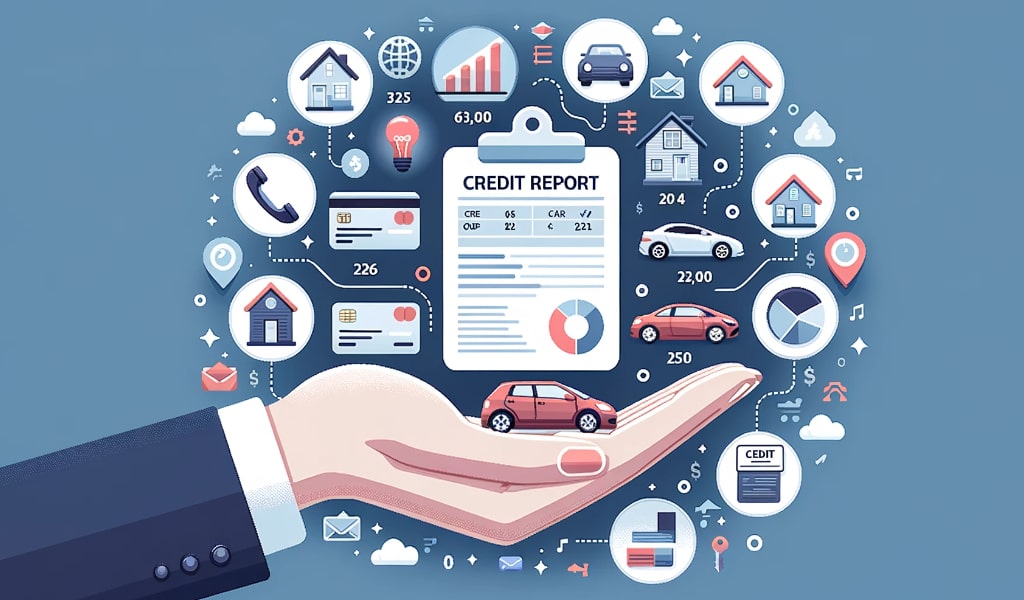Your credit score is a crucial aspect of your financial well-being, but what will happen to it if you don’t manage your debt wisely? Your credit score can drop by up to 200 points which will lead to financial difficulties.
Neglecting your debt can trigger a series of negative consequences for your credit score, making it harder for you to achieve financial success. Late or missed payments, high credit card balances, and defaulting on loans can cause your credit score to plummet. This drop can lead to higher interest rates, difficulty in securing loans, renting a home, or even qualifying for certain jobs.
Here are 5 of the most common ways you might mismanage your debt which could drop your credit score:
1. Missed or Late Payments:
If you don’t manage your debt wisely, one of the first and most obvious consequences is missed or late payments. Since your payment history accounts for 35% of your credit score, missing even one payment can have a major impact.
What will happen? Your credit score can drop by 90 to 110 points from just one late payment, signaling to future lenders that you may not be reliable.
2. High Credit Utilization: A Sign of Financial Stress
What will happen to your credit score if you consistently carry high balances on your credit cards? High credit utilization (using a large percentage of your available credit) can drag your score down, even if you’re making your minimum payments.
Lenders see high utilization as a sign of financial stress, which makes them hesitant to extend additional credit. This can cause your credit score to drop by 50 points or more, even when you’re staying current on your payments.
3. Defaults and Charge-Offs: The Financial Black Marks
What will happen if you stop paying your debts altogether? Defaults and charge-offs are serious financial red flags that will significantly lower your credit score.
A charge-off or debt sent to collections can stay on your credit report for up to seven years, resulting in a score drop of 100 points or more. These black marks can make it extremely difficult to obtain future credit, rent an apartment, or even secure certain jobs.
4. High Debt-to-Income Ratio: A Warning Signal
If you don’t manage your debt wisely, you might end up with a high debt-to-income (DTI) ratio. Although DTI doesn’t directly impact your score, lenders will view you as overextended. Thus reducing your chances of qualifying for new loans or credit.
A high DTI can make it harder to reduce your debt, trapping you in a cycle of financial difficulty.
5. Bankruptcy or Foreclosure: The Last Resort
What will happen if your financial situation becomes so dire that you have to file for bankruptcy or lose your home to foreclosure? These extreme outcomes can devastate your credit score, dropping it by 150 to 200 points and remaining on your credit report for seven to ten years.
During this period, obtaining new credit or loans will be extremely difficult, further compounding your financial struggles.
The Domino Effect of Poor Debt Management
Debt management is critical to maintaining a healthy financial life. When you don’t manage your debt wisely, what will happen is a domino effect of financial difficulties. Your credit score will drop, borrowing will become more expensive, and opportunities like renting an apartment or securing a job may become out of reach.
Fortunately, you can avoid these consequences by staying on top of your debt and making responsible financial decisions. Monitoring your spending, paying your bills on time, and keeping your credit utilization low are key strategies for safeguarding your credit score.
Bottom Line
So, now you know what will happen to your credit score if you don’t manage your debt wisely. What can you do to make sure you don’t find yourself in this situation? See what personal finance experts are recommending to manage and stay debt-free.



